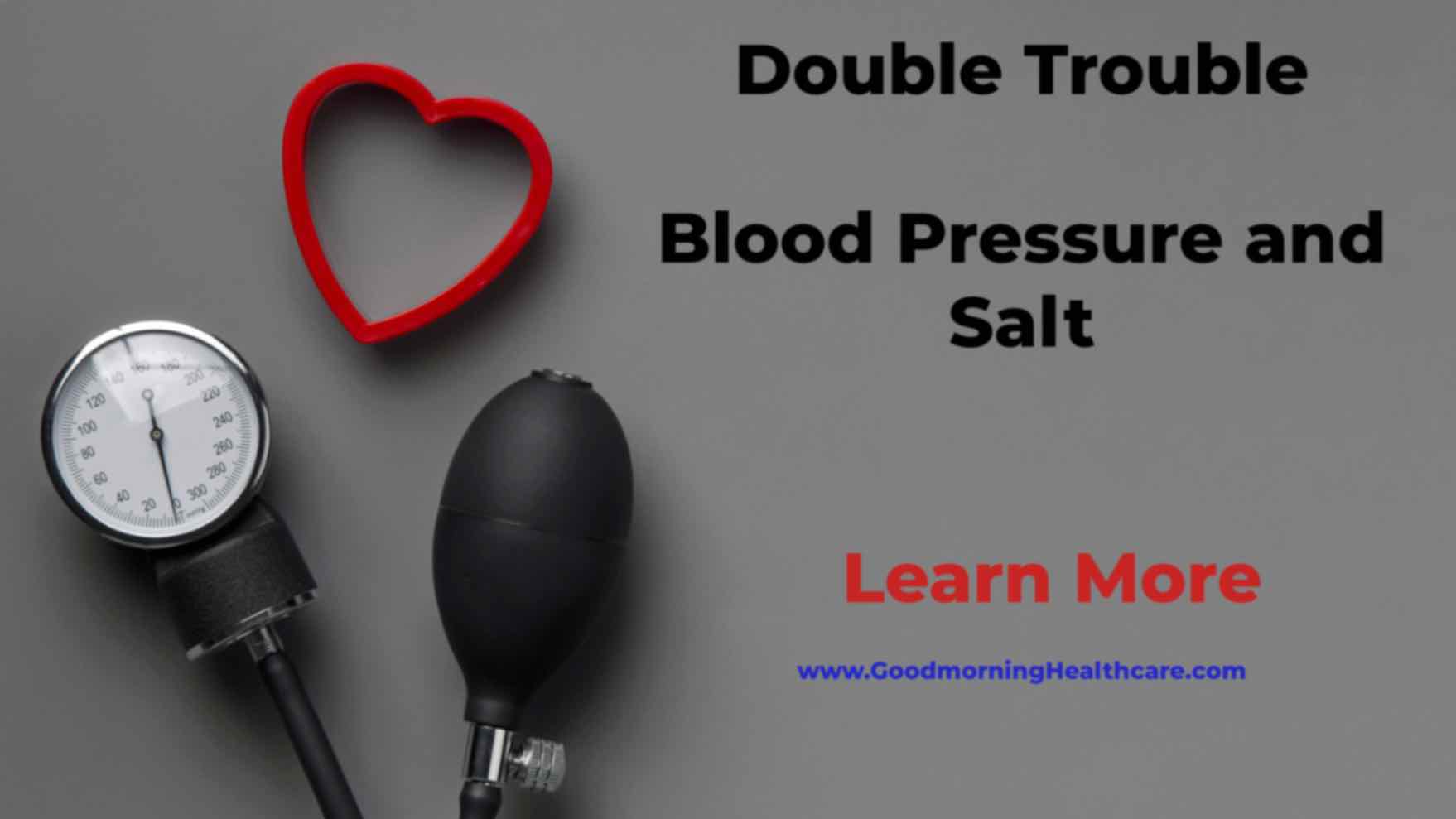Most people know that too much salt can be bad for our health, even more so for people with cardiovascular diseases. However, a new study shows that patients with heart disease consumed more than twice the recommended amount of sodium per day.
Why is so difficult to skip the salt even for those who would gain the most?
Key Points
- The FDA recommends that healthy adults should consume less than 2,300 milligrams (mg) sodium per day which is about a teaspoon of table salt.
- However, people with heart disease are recommended to have less than 1500mg/day.
- All the participants in the study had heart disease; 9 out of 10 consumed on average about 3,100mg per day which is much higher than the suggested amount for healthy adults.
- It’s hard to know exactly how much sodium is in our food; however, there are some strategies that can help us cut back.
Sodium is an essential nutrient, but consuming too much can raise blood pressure, damage blood vessels, and make the heart work harder.
Cutting back on sodium is also important to manage heart disease, but most heart patients have trouble limiting their salt intake according to the study.
In fact, on average, study participants consumed about 3,100mg/day which is more than double the amount recommended for heart patients and significantly higher than the cutoff for healthy adults who don’t have heart disease.
A New Survey
The National Health and Nutrition Examination Survey (NHANES) used data from over 3,000 patients already diagnosed with a heart attack, stroke, or other form of heart disease between 2009-2018.
The study asked participants with cardiovascular disease to report everything they had consumed in 24 hours. The findings were presented earlier this month at the American College of Cardiology’s Annual Scientific Session.
How much salt is enough?
A little goes a long way.
Experts recommend to keep sodium intake below 2,300 milligrams (mg) per day for most adults who do not have high blood pressure or heart disease. That’s about 1 level teaspoon of table salt.
However, for those already diagnosed with heart disease, the suggested limit is much lower at 1,500 mg/day, according to the American Heart Association.
The average adult in the U.S. consumes about 3,400mg sodium/day, according to the Centers for Disease Control and Prevention, which is considered too high.
Look At the Label
“Estimating sodium quantities in a meal can be challenging,” said Elsie Kodjoe, MD, MPH, an internal medicine resident at Piedmont Athens Regional Hospital in Athens, Georgia, and the study’s lead author.
Most dietary sodium (over 70%) comes from eating packaged and prepared foods—not from table salt added to food when cooking or eating according to the US FDA.
Using the Nutrition Facts label can help us understand and lower our daily sodium intake.
- Know your Daily Value (DV) which is the amount you can safely consume.
- Choose foods that have 140mg sodium per serving or less if following a low sodium diet.
- Cook at home whenever possible to control salt levels.
Sodium in Some Popular Foods
| Food Item | Sodium Per | Serving Size |
| Ketchup | 160 mg | 1 tbsp |
| Cheese for sandwiches | 230 mg | 1 slice |
| Bacon | 260 mg | 1 slice |
| Turkey breast (deli style) | 420 mg | 2 ounces |
| Pasta sauce | 480 mg | 1/2 cup |
| Rice pilaf (with seasoning) | 780 mg | 1 cup prepared |
Top sources of sodium include bread, pizza, and processed foods. Some surprising sources include soda, soup and pasta sauce.
Final Thoughts
As Dr. Kodjoe reminds us, “Adhering to sodium guidelines is one of the easier strategies individuals could readily adopt to reduce hospitalizations, health care costs, morbidity and mortality associated with cardiovascular disease.”
For more information on reducing sodium, visit CardioSmart.org/Sodium or DASH (Dietary Approaches to Stop Hypertension).

I’m truly impressed by the keen analysis and superb way of expressing complex ideas. Your depth of knowledge clearly stands out in every sentence. It’s obvious that you put a lot of effort into delving into your topics, and the results is well-appreciated. Thank you for sharing such valuable insights. Continue the excellent job!
OnlyFans